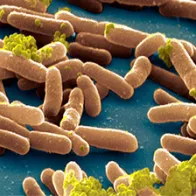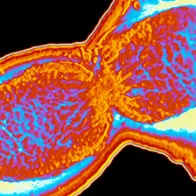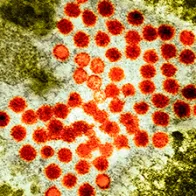World Refugee Day 2019
Refugees are a population group, which is particularly vulnerable to infectious diseases. In a number of EU/EEA Member States, refugees are disproportionately affected by infectious diseases such as tuberculosis, HIV, and hepatitis B and C.
ECDC’s guidance on screening and vaccination

The ECDC guidance on screening and vaccination for infectious diseases in newly arrived migrants within the EU/EEA provides Member States with evidence-based scientific advice for a number of key infectious diseases. The report suggests that it is likely to be both effective and cost-effective to screen child, adolescent and adult migrants for diseases such as active and latent tuberculosis, HIV, hepatitis C and hepatitis B. It also suggests that there is a clear benefit to enrolling migrants in vaccination programmes and ensuring catch-up vaccination where needed.
Priority needs to be given to promoting uptake of screening and vaccination in high-risk migrant populations, such as the refugees, and in particular, to improving uptake of TB, HIV and hepatitis testing and ensuring linkage to care and treatment.
Food- and waterborne diseases
Refugees are also more likely to experience disrupted or uncertain supplies of safe food and water, especially when they stay in overcrowded settlements. In these conditions, food is often stored and prepared under unsanitary conditions which increases the likelihood of outbreaks of diseases such as salmonellosis, shigellosis, campylobacteriosis and norovirus and hepatitis A.
Peer-reviewed publications
Read more
Share this page





